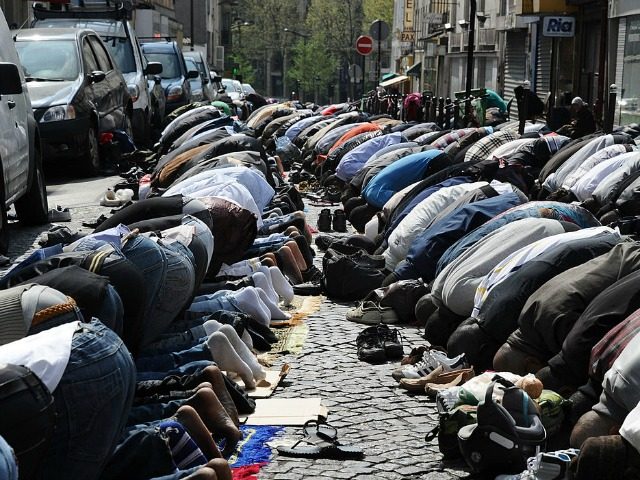Amnesty International slammed European laws against terror on Tuesday, warning that they “disproportionately affect” Muslims and migrants.
New security measures adopted across Europe in response to a succession of deadly terror attacks are “draconian”, according to a new report by the NGO, which styles itself as a human rights watchdog.
The 70-page report is based on research carried out over two years, a period during which 280 people have died in attacks carried out by Islamic militants on European soil.
In this time, the study’s authors gathered information on counterterror measures being brought in by governments across Europe, focusing on a list of 14 nations.
Mass migration, security, and Islamist terror are key issues in upcoming elections in Germany, the Netherlands, and France, all of which are countries whose counterterror laws were examined in the Amnesty report.
“Right across the EU regional space we see Muslims and foreigners being equated with terrorists”, said report author and Amnesty International terror expert Julia Hall. “This stereotyping so disproportionately affects these communities that there is a high degree of fear and alienation.”
The study criticised a European draft law that would punish people who travel, or plan to travel to join a terrorist group, arguing that the law’s wording is vague and could cast too wide a net.
A spokesman for the European Commission dismissed Amnesty’s concerns, promising that the European Union (EU) will monitor the bloc’s 28 states for potential abuse, but the report was welcomed by terror-tsar Julian King.
King, who serves as Britain’s representative in the European Commission, said ‘fundamental rights’ must not be put at risk because “that’s what the terrorists are attacking”.
In a statement concerning the report, Amnesty International’s director for Europe John Dalhuisen blasted what he called “a raft of disproportionate and discriminatory laws” made by governments in Europe.
“Taken alone these individual counterterrorism measures are worrying enough, but when seen together, a disturbing picture emerges in which unchecked powers are trampling freedoms that have long been taken for granted,” he said.
This month marked the two year anniversary of the Charlie Hebdo attack in which Islamists launched a deadly assault in the offices of the satirical weekly. Last month a terror attack in Berlin, in which a Tunisian migrant ploughed a truck into a crowd of people at a Christmas market, claimed the lives of 12 people.

COMMENTS
Please let us know if you're having issues with commenting.